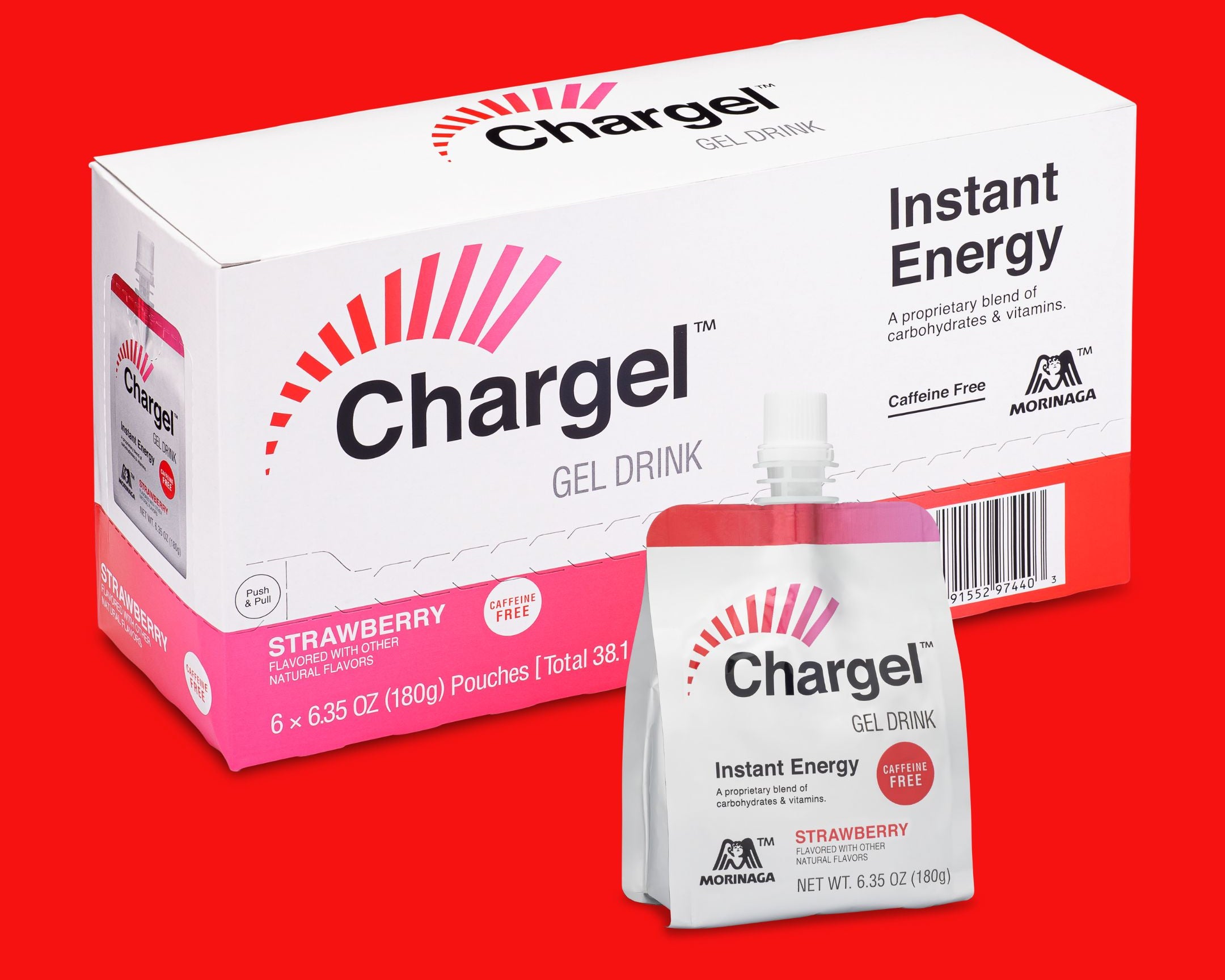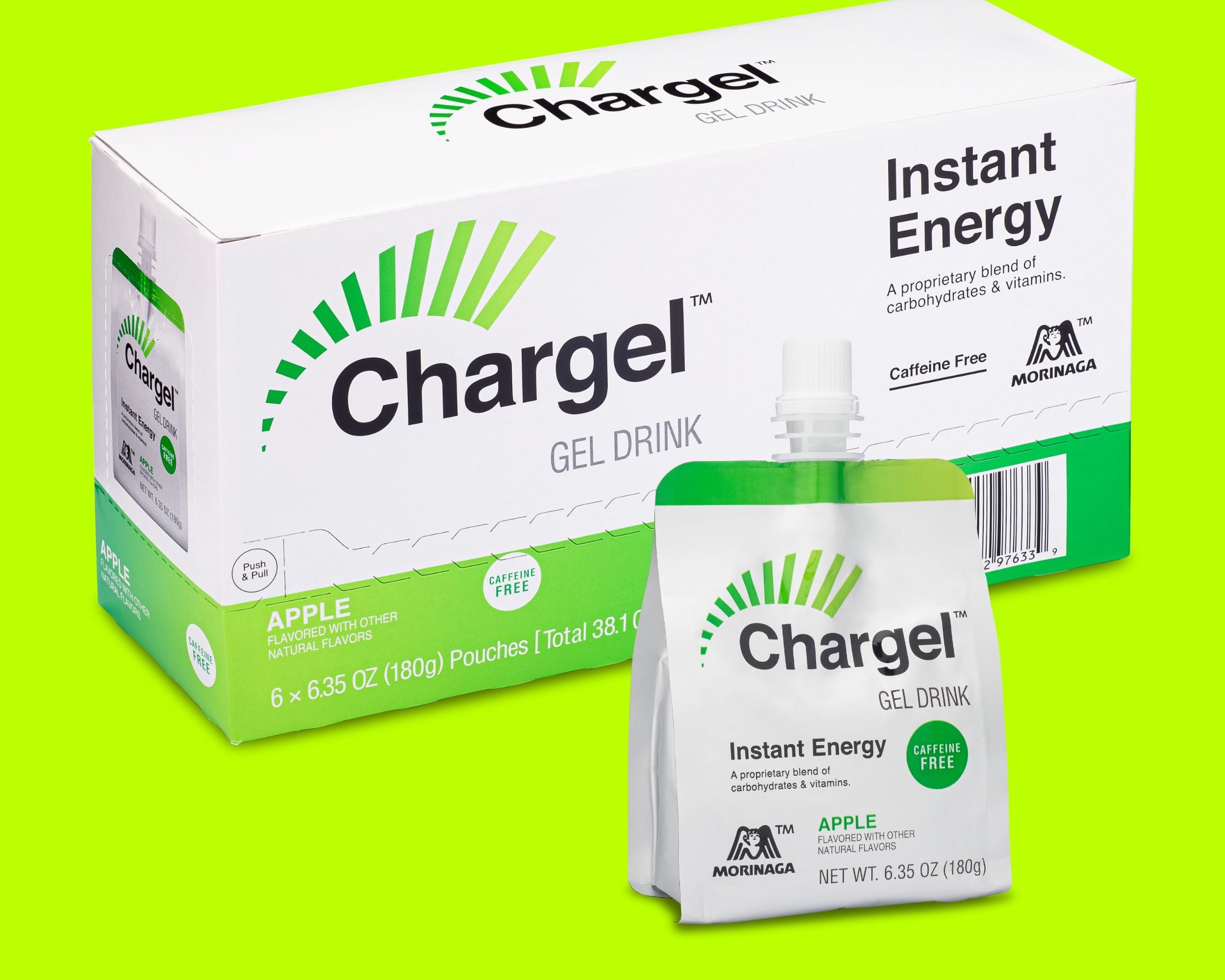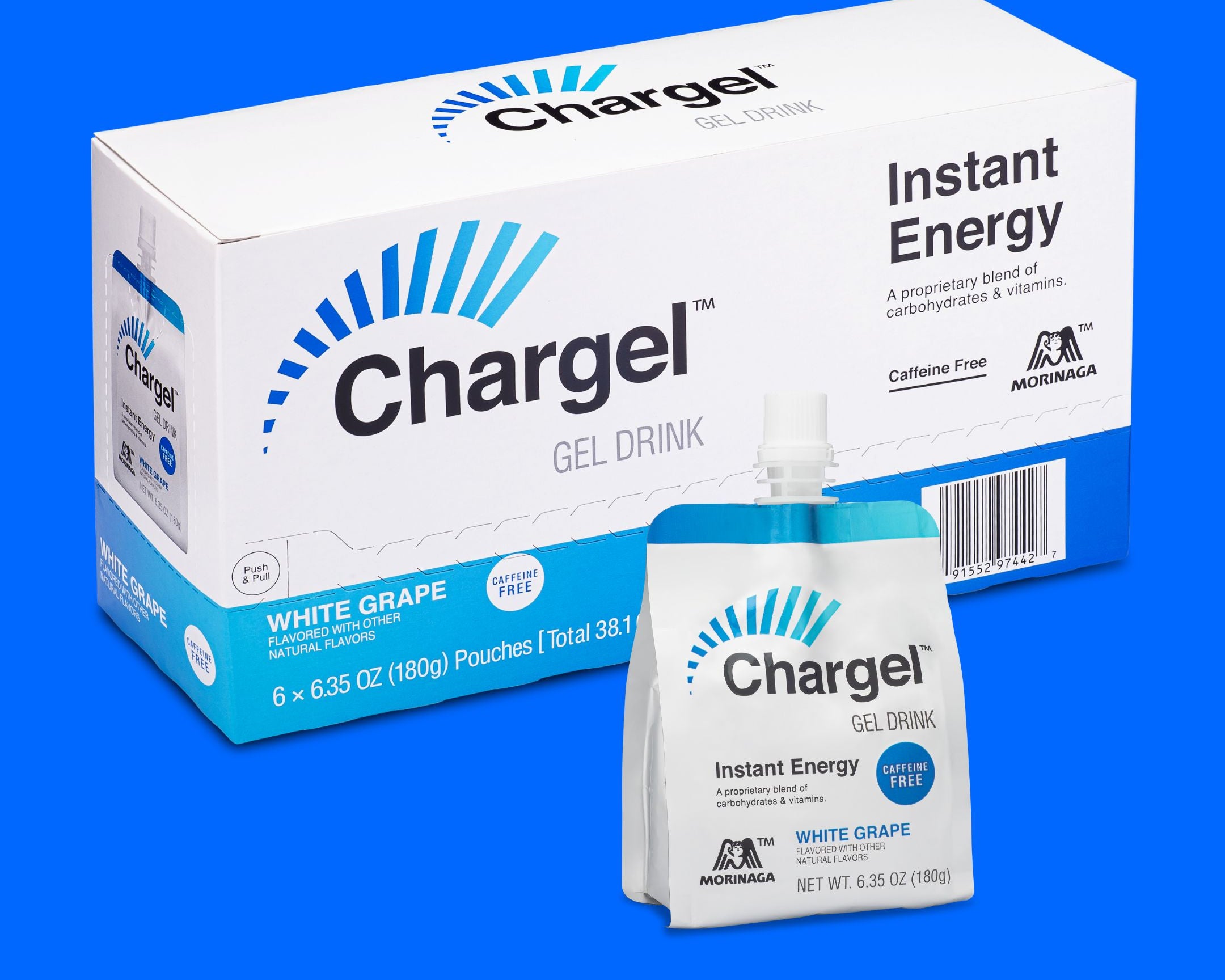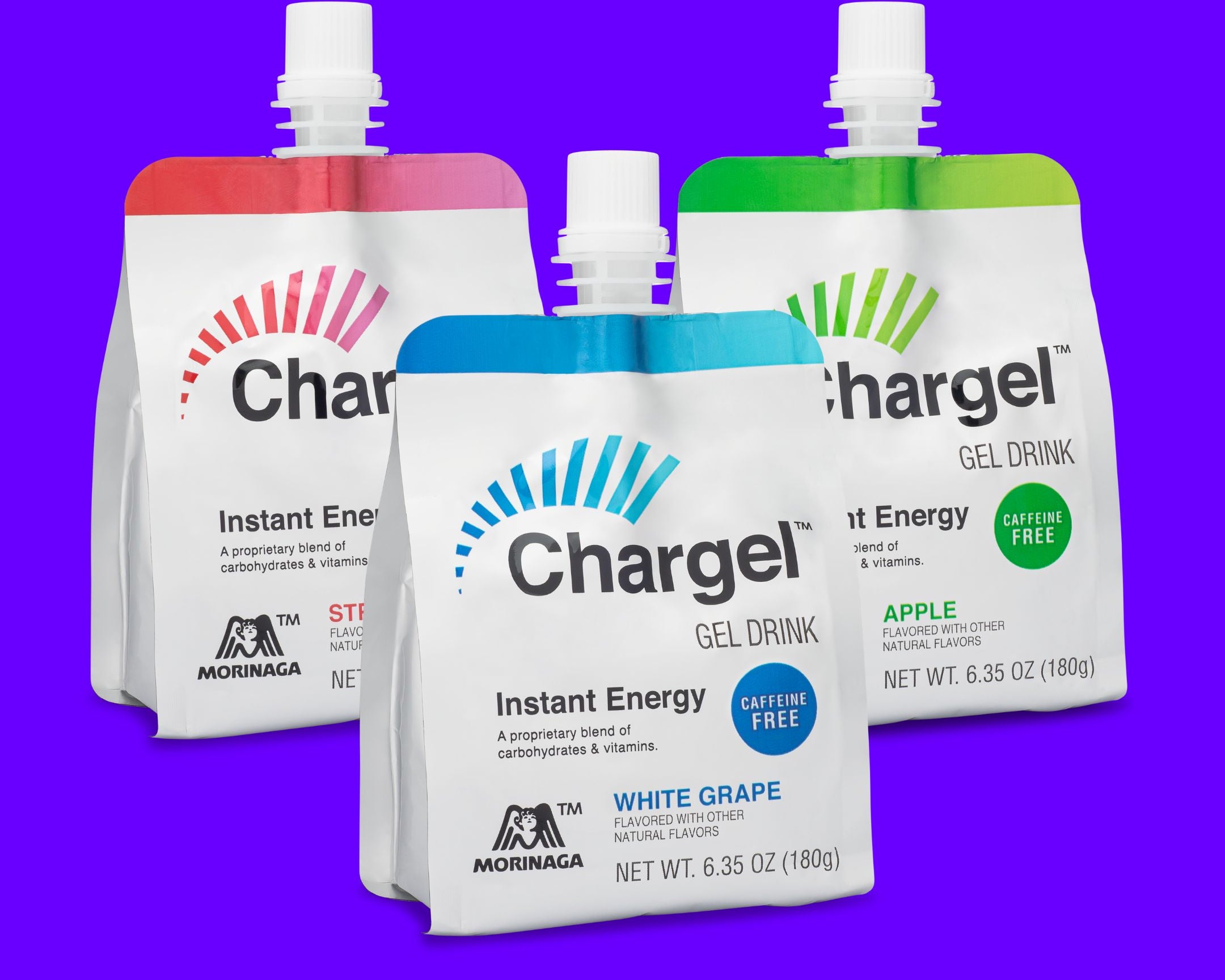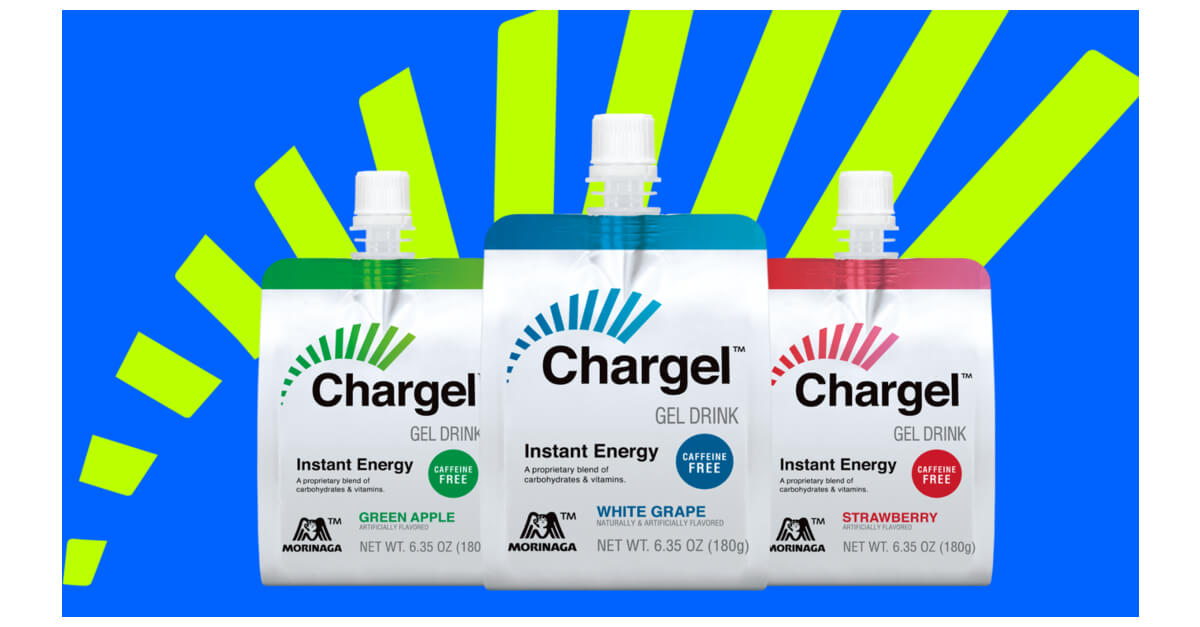February is American Heart Month, making it the perfect time to focus on cardiovascular health—something that even the fittest athletes can’t afford to overlook. While regular exercise strengthens the heart, it's not a free pass to ignore other factors like diet, hydration, and recovery. In fact, heart disease remains the leading cause of death globally, and while endurance athletes often have stronger hearts than the average person, they’re not immune to issues like high blood pressure, inflammation, or imbalanced cholesterol. The good news? Small, intentional choices can help keep your heart strong and your performance at its peak.

The Best Foods for a Healthy Heart
A nutrient-dense diet is one of the best ways to support heart health and long-term endurance. Including heart-friendly foods in your meals can improve circulation, regulate blood pressure, and optimize recovery. Some of the best options include:
● Fatty fish (salmon, tuna, mackerel): Rich in omega-3 fatty acids, which help lower inflammation and support healthy blood vessels.
● Berries (blueberries, strawberries, raspberries): Packed with antioxidants that reduce oxidative stress and improve circulation.
● Leafy greens (spinach, kale, arugula): High in nitrates, which help regulate blood pressure and enhance oxygen delivery.
● Nuts and seeds (almonds, walnuts, flaxseeds, chia seeds): A great source of healthy fats, fiber, and magnesium, which can help reduce the risk of cardiovascular issues.
● Whole grains (oats, quinoa, brown rice): Support steady energy levels and help maintain balanced cholesterol.
● Legumes (beans, lentils, chickpeas): Provide fiber, plant-based protein, and important heart-protective compounds.

Foods to Be Mindful of for Heart Health
Athletes need fuel, and that includes carbohydrates, fats, and sodium to support performance and recovery. However, being intentional about the quality of those nutrients can help keep your heart in top shape. Some foods, particularly those that are highly processed, may contribute to inflammation or poor circulation if consumed frequently in large amounts. Here’s how to make mindful choices while still fueling effectively:
● Fried and fast foods: These tend to be high in trans fats and highly processed oils, which can impact cholesterol levels and increase inflammation over time. While they’re okay as an occasional choice, prioritizing whole food sources of healthy fats can better support heart function.
● Sugary beverages: Sugar itself isn’t the enemy—athletes need quick-digesting carbohydrates for fuel during intense exercise. The key is timing. Chargel gel drinks and other fast-acting carb sources can be beneficial before, during, or after a workout. However, excessive added sugars in everyday drinks (like soda, sweetened coffee drinks, or juice consumed in large amounts) when sedentary can contribute to imbalances in blood sugar and cardiovascular health.
● Processed meats (bacon, sausage, deli meats): These are often high in preservatives and sodium nitrates, which, in large amounts, may be linked to an increased risk of heart disease. Opting for lean, minimally processed proteins like poultry, fish, or plant-based options can provide more heart-healthy benefits.
● Sodium intake: Sodium is a critical electrolyte for athletes, helping maintain fluid balance and prevent dehydration. However, the source matters. While heavily processed snacks and fast foods tend to be high in refined sodium, getting electrolytes from quality sources—like electrolyte drinks, sea salt, or whole foods like nuts and seeds—can better support both performance and heart health.
Small Daily Habits for a Stronger Heart
Beyond nutrition, several lifestyle factors contribute to heart health. Proper hydration supports circulation and prevents dehydration-related stress on the heart, while quality sleep helps regulate blood pressure and heart rate variability. Managing stress is also important, as high cortisol levels can increase blood pressure. Try incorporating mindfulness, deep breathing, and active recovery for both performance and heart function benefits.
Final Thoughts
Your heart does a lot of heavy lifting, both in daily life and during workouts. While training helps strengthen this vital organ, paying attention to nutrition, hydration, and lifestyle habits can further optimize its function. This Heart Month, take a moment to appreciate the work your heart does for you. A strong heart means better performance, faster recovery, and more years of doing what you love.
Author Profile: Melissa Boufounos
Melissa is a certified holistic nutritionist, nutrition writer, and lifelong athlete based in the greater Ottawa, Ontario, Canada area. Melissa specializes in sports nutrition and works with teen and adolescent hockey players in her virtual private practice MB Performance Nutrition. As a media nutritionist, she regularly writes for Mindbodygreen and has been featured as a nutrition expert in publications like Forbes Health, Outside Online, Shape, Clean Plates, and more. She was recognized as one of Canada's Top 100 Health Experts by OptiMYz Magazine four years in a row. You can connect with Melissa on Instagram or Facebook.
